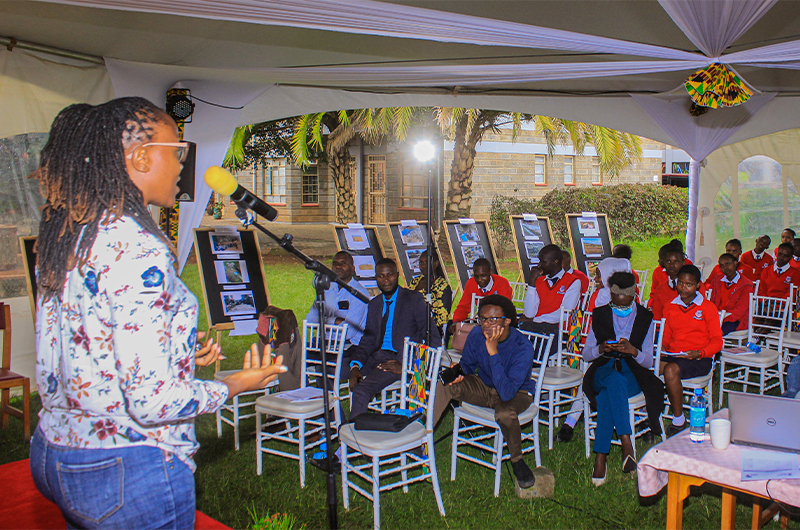Kenya Community Media Network
KCOMNET is a non-profit organization and the national networking association for community media sector in Kenya.
KCOMNET was founded by a voluntary group of individuals, media practitioners, NGOs, and community media groups with an interest in development communications and promotion of community media in Kenya.
Over the years, KCOMNET has focussed its engagements on the development of community media in Kenya. The Network provides a platform for networking between community media, with other media stakeholders, and the general public. It also mobilizes resources for the development of community media in Kenya.
Kenya Community Media Network (KCOMNET) is a non-profit organization and the national networking association for community media sector in Kenya. It was founded by a voluntary group of individuals, media practitioners, NGOs, and community media groups with an interest in development communications and committed to support the promotion and development of community media in Kenya.
Over the years, KCOMNET has collaborated with a variety of local and international development partners to build the capacity of community based media and their practitioners in Kenya.
The network is governed by a Steering Council comprised of 12 members (7 males and 5 females). Its secretariat based in Nairobi.
KCOMNET is affiliated to Amarc and East Africa Community Media Network.

Amplifying Community Voices
Passionate Personalities, Versatile Brains
Feedback from our Community Network
Community Reviews:

Aretha Migalitsa









